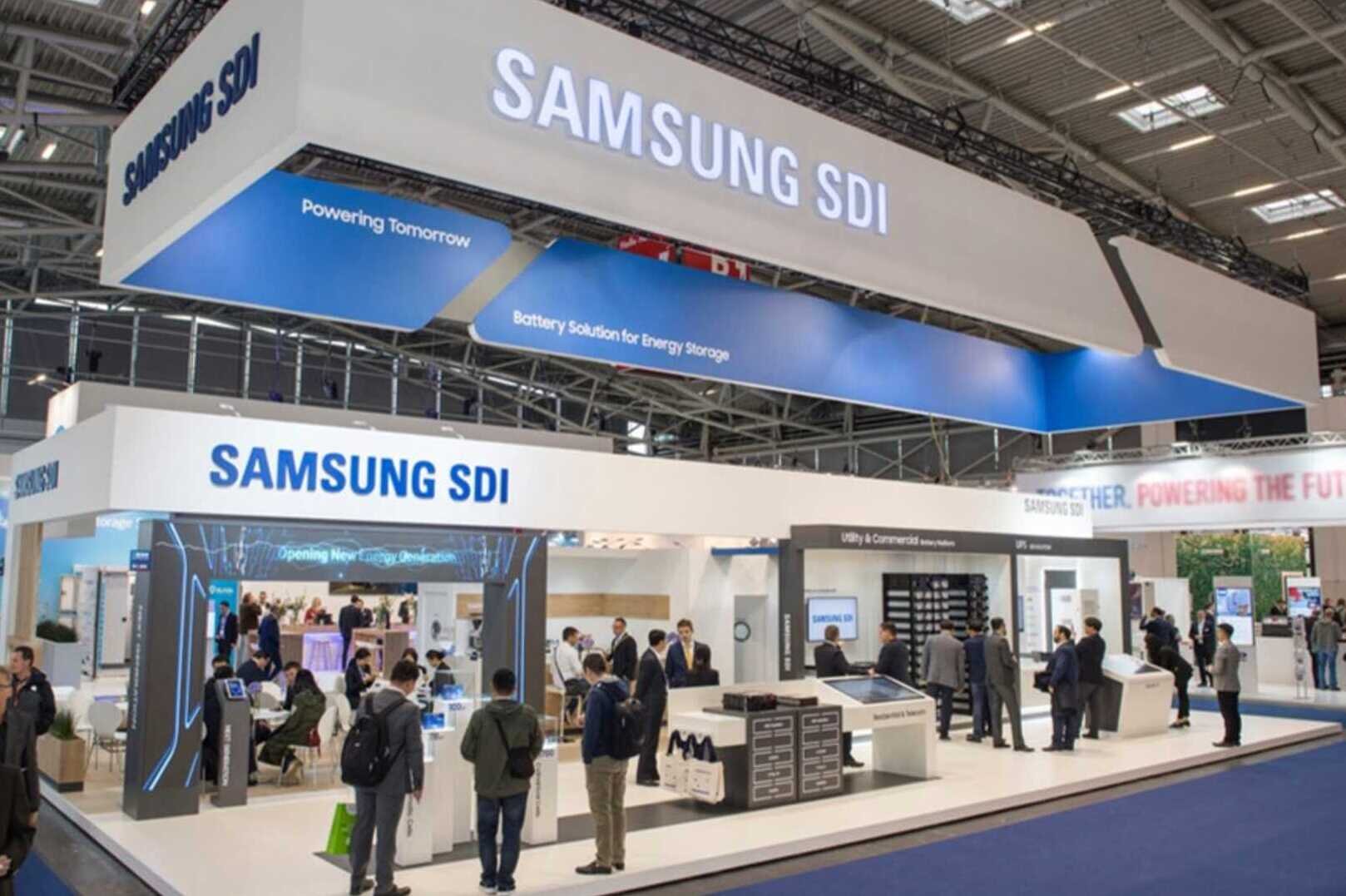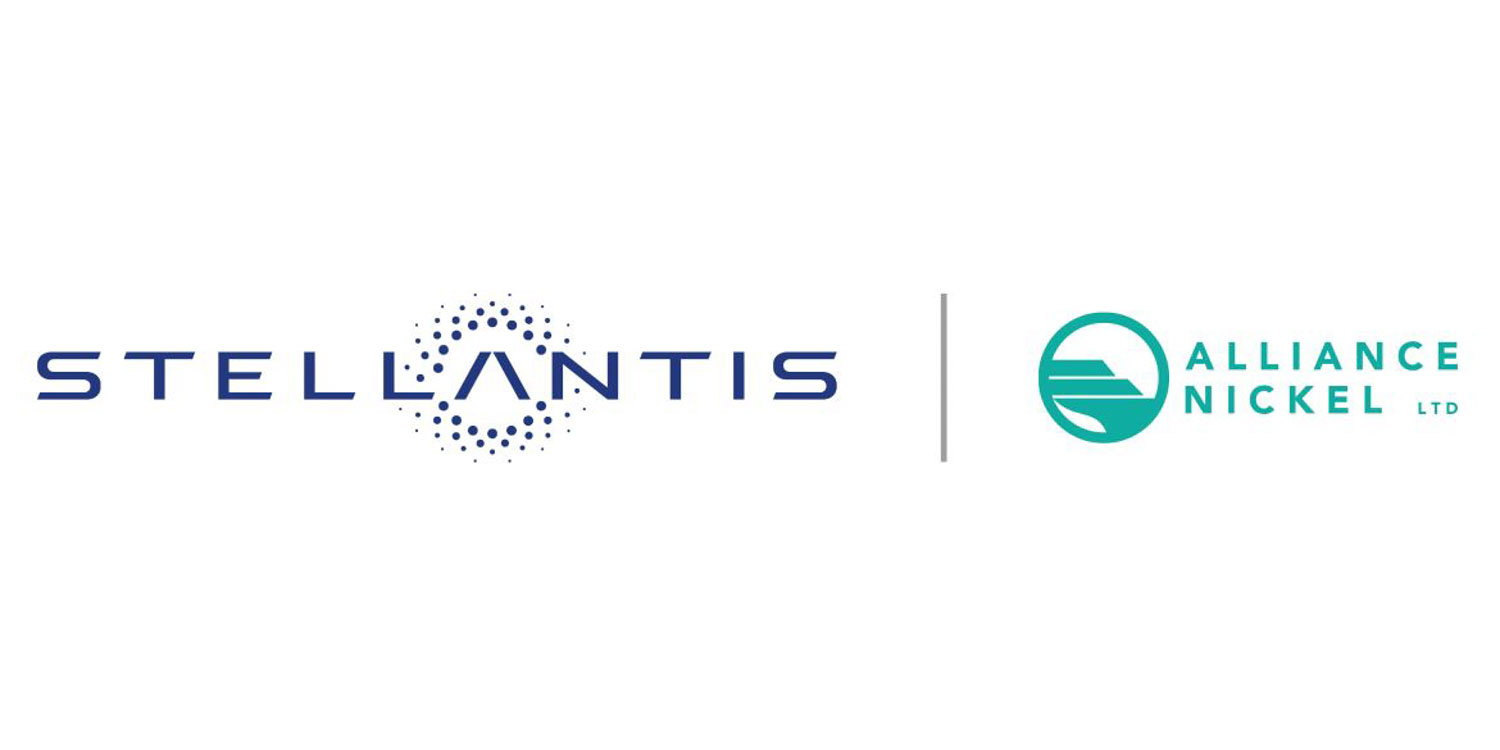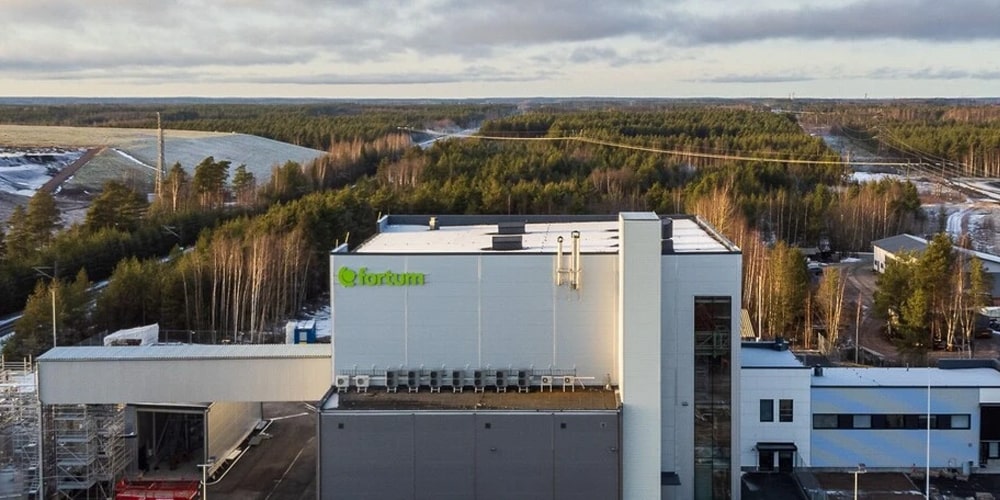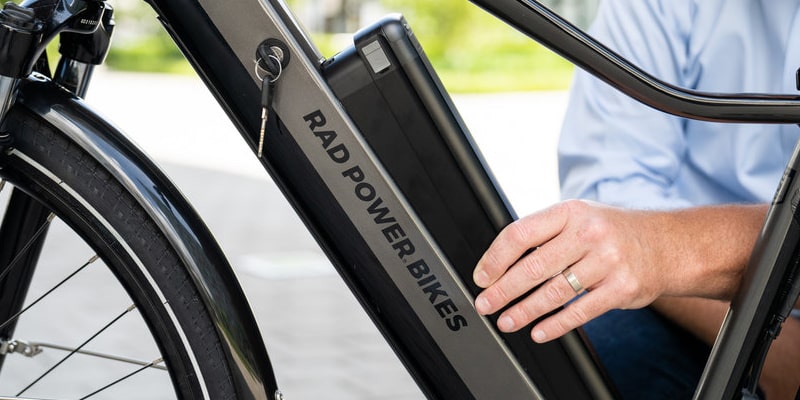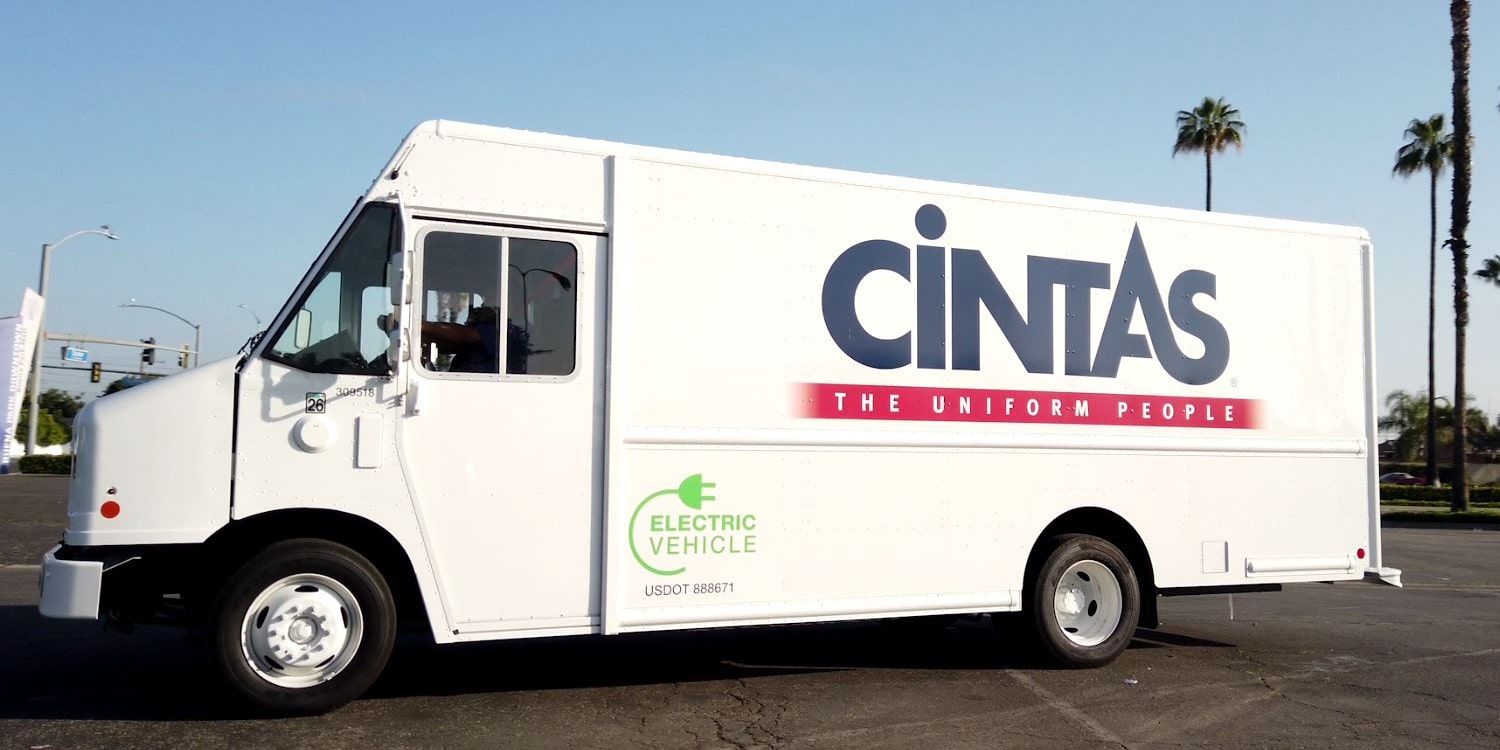Samsung SDI recently presented its groundbreaking advancements in solid-state battery technology during the InterBattery 2023 expo. One of the notable innovations showcased was their proprietary Super-Gap Edge technology. To test the feasibility of mass production, Samsung’s team plans to launch a pilot production “S line” for anode-less cells in the latter half of this year. The Chairman of Samsung, Mr. Lee, personally inspected the solid-state battery production line not long ago, emphasizing the company’s commitment to this cutting-edge technology.
Samsung’s solid-state cells employ a stable oxide electrolyte instead of the flammable lithium hexafluorophosphate electrolyte solution found in conventional batteries. This strategic shift aims to prevent the thermal runaway effect responsible for electric vehicle fires. Leveraging their extensive experience in producing solid oxide at high temperatures for multi-layer ceramic capacitors (MLCC), Samsung relies on this expertise to develop a safe and reliable solid-state battery.
In addition to enhanced safety features and higher volumetric density, which can deliver 1.5-2 times better performance within the same form factor as current cells, Samsung’s presentation highlighted the importance of weight reduction. Electric vehicles often carry substantial weight due to their battery systems, comparable to that of SUVs powered by internal combustion engines. However, by adopting solid-state technology, the extra weight can be significantly reduced, leading to extended driving ranges on a single charge.
To illustrate this point, Samsung referred to the BMW i4, a midrange electric vehicle from the automaker. Despite its classification, the BMW i4 exceeds 2 tons in weight, restricting its access to certain mechanical parking facilities. However, by utilizing Samsung’s S-line solid-state battery, the BMW i4 would easily meet the weight limit requirements and regain access to these parking spaces, solving a practical challenge faced by electric vehicle owners.
Despite the many advantages, Samsung acknowledged the high production costs associated with solid-state batteries, making initial S-line mass production somewhat limited, akin to the launch of their first OLED TVs. The process of fusing all solid components together requires immense pressure, reaching up to 3000 bar. To achieve this, Samsung employs a technique known as Warm Isostatic Press (WIP). In simple terms, it involves placing the battery cell in a water tank, sealing the chamber, and applying ultra-high pressure using water. This method ensures that the battery remains intact without crumbling or tearing at room temperature. The target for the Samsung S line is to reach an even higher pressure of 5000 bar.
Despite the current challenges, industry observers anticipate that the mass production of the S-line solid-state batteries, projected to commence around 2027, will significantly reduce costs. This reduction in costs would make electric vehicles equipped with Samsung’s solid-state batteries a viable option, even if the initial models fall within the premium price range.

